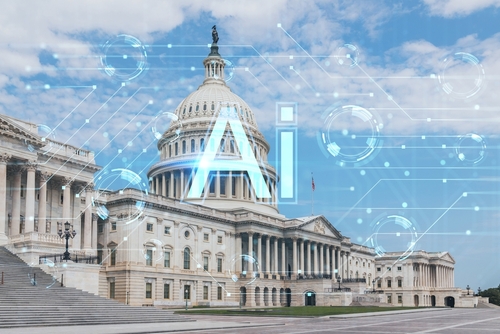
By: Bruce Schneier & Nathan E. Sanders (MIT Tech Review)
Just nine months ago, ChatGPT was introduced, and since then, we have been continuously exploring its impact on our daily lives, careers, and systems of self-governance.
However, the public discourse surrounding AI’s potential threat to our democracy often lacks creativity. The prevalent discussions focus on familiar dangers like campaigns employing fake images, audio, or video to attack opponents—an issue we’ve dealt with for decades. Similarly, there is concern over foreign governments disseminating misinformation, a fear stemming from the 2016 US presidential election. Moreover, the growing prevalence of political “astroturfing,” where fake online accounts are used to simulate policy support, has fueled worries that AI-generated opinions could overwhelm the genuine preferences of real people, further compounding the challenges we face…
Featured News
Big Tech Braces for Potential Changes Under a Second Trump Presidency
Nov 6, 2024 by
CPI
Trump’s Potential Shift in US Antitrust Policy Raises Questions for Big Tech and Mergers
Nov 6, 2024 by
CPI
EU Set to Fine Apple in First Major Enforcement of Digital Markets Act
Nov 5, 2024 by
CPI
Six Indicted in Federal Bid-Rigging Schemes Involving Government IT Contracts
Nov 5, 2024 by
CPI
Ireland Secures First €3 Billion Apple Tax Payment, Boosting Exchequer Funds
Nov 5, 2024 by
CPI
Antitrust Mix by CPI
Antitrust Chronicle® – Remedies Revisited
Oct 30, 2024 by
CPI
Fixing the Fix: Updating Policy on Merger Remedies
Oct 30, 2024 by
CPI
Methodology Matters: The 2017 FTC Remedies Study
Oct 30, 2024 by
CPI
U.S. v. AT&T: Five Lessons for Vertical Merger Enforcement
Oct 30, 2024 by
CPI
The Search for Antitrust Remedies in Tech Leads Beyond Antitrust
Oct 30, 2024 by
CPI